Share Your Stories
YEAR OF NEWS :

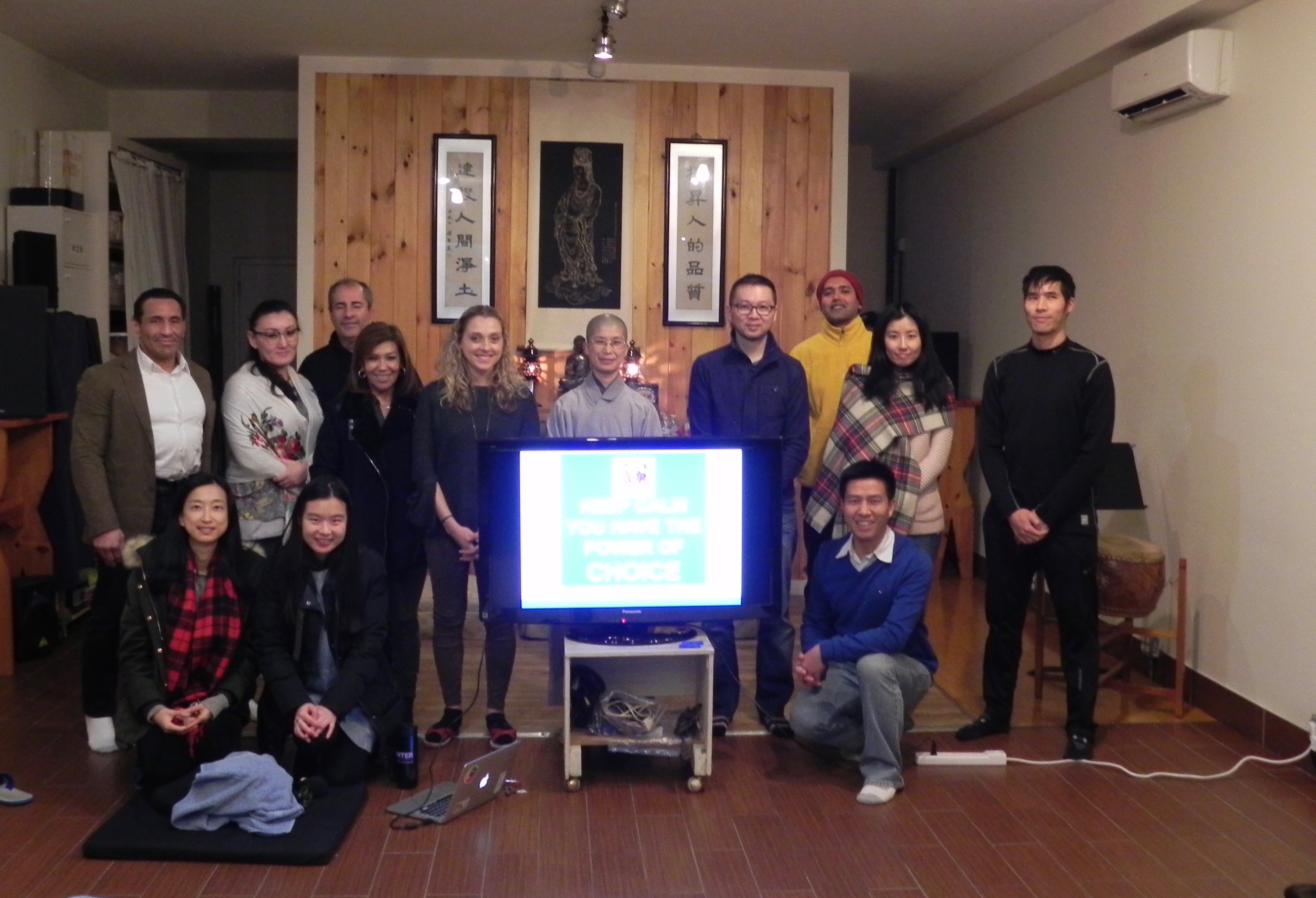
Tuesday, December 19, 2017
It was my pleasure to join the event held by DDYP (Dharma Drum for Young People) at Chan Meditation Center for the Buddha Nature in Food- Part II. DDYP invited an experienced nutritionist, Iraina, to share her professional knowledge about helping those people with nutrition and health issues.

Despite being only a beginner at meditation, I am very glad that I became involved with this practice. Truthfully, having a weekly class to attend regularly is what gives me motivation to meditate, thus I am grateful for this opportunity. My experience with meditation was beneficial for my stress and exhaustion, and I have certainly gained a lot of insight and peace of mind from these sessions.
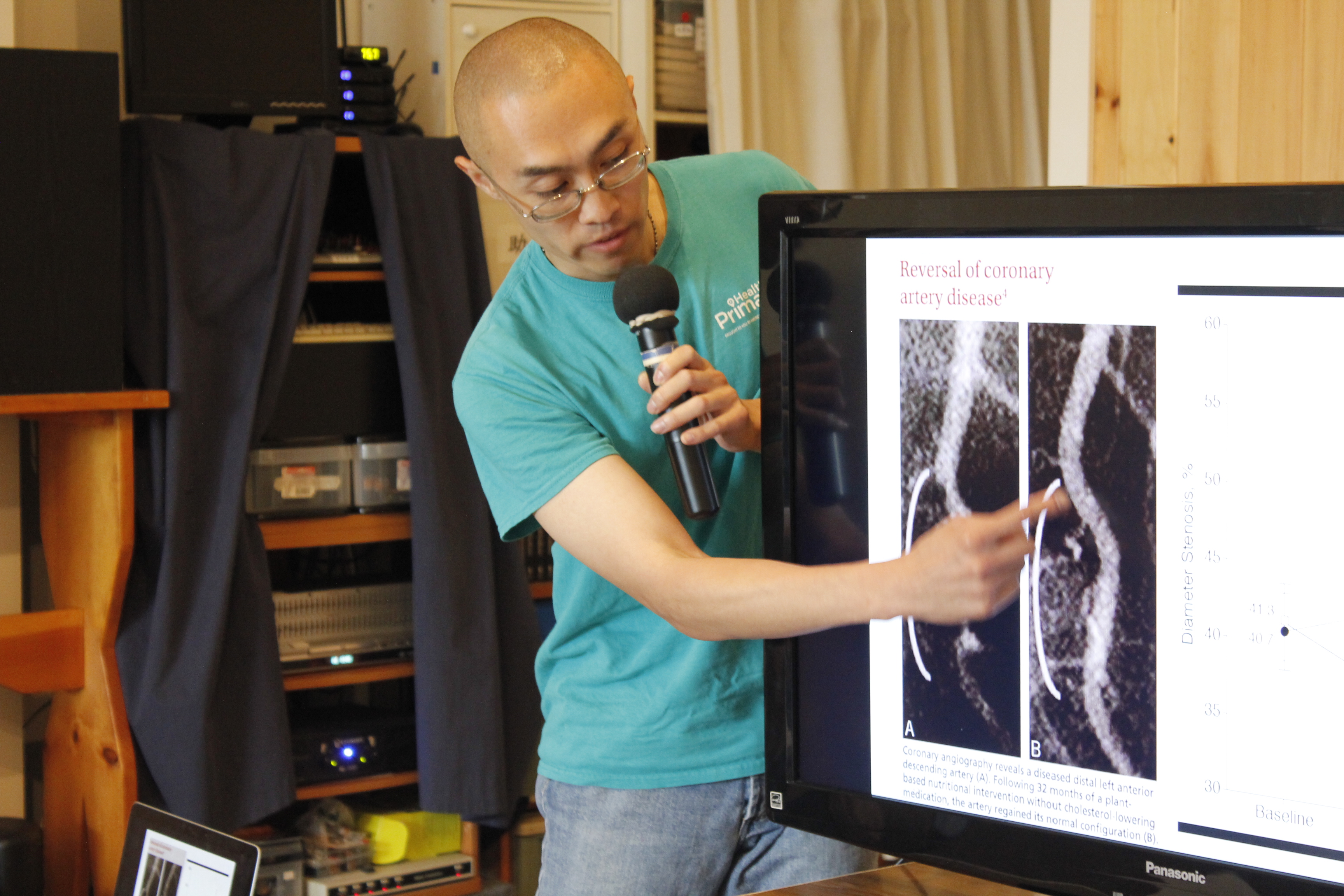
On August 12, 2017, DDYP and DDMBA co-hosted a special event "Buddha Nature in Food", an afternoon of compassionate sharing of food, environmental-friendly ideas, mindful practice, and loving kindness.  In the very early morning our kitchen volunteers prepared delicate and tasty vegan dishes: Sushi by Ivan Shih, Mochi by Henry Tseng, Vietnam spring roll by our volunteer Rosemary's mom, Strawberry with purple yam by our volunteer Aier's daughter. Also special thanks to the kitchen organizer Carol Fong.
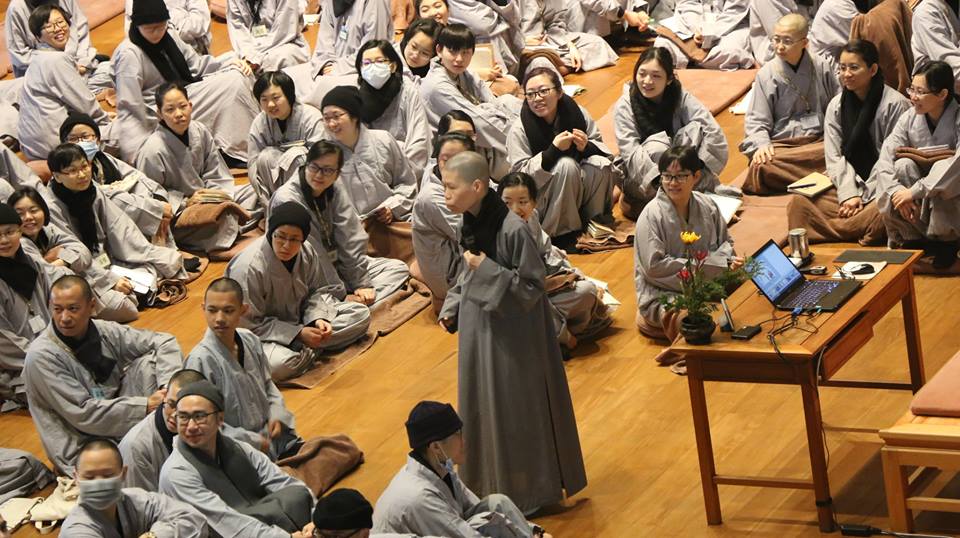
In the beginning of 2017, I visited Taiwan, and I spent over three weeks at the Dharma Drum Mountain (DDM) Jinshan headquarters at which I participated in the eleven-day Awakening Camp (the Camp), volunteered at the DDM Sangha University, and received the Lay Bodhisattva Precepts. During the past several months, I have been reflecting on my experience in Taiwan and applying many life-changing teachings to my daily life. The Camp and the Bodhisattva Precepts Ceremony at the DDM offered me experience and knowledge that helped me to become a more mindful and kind person.
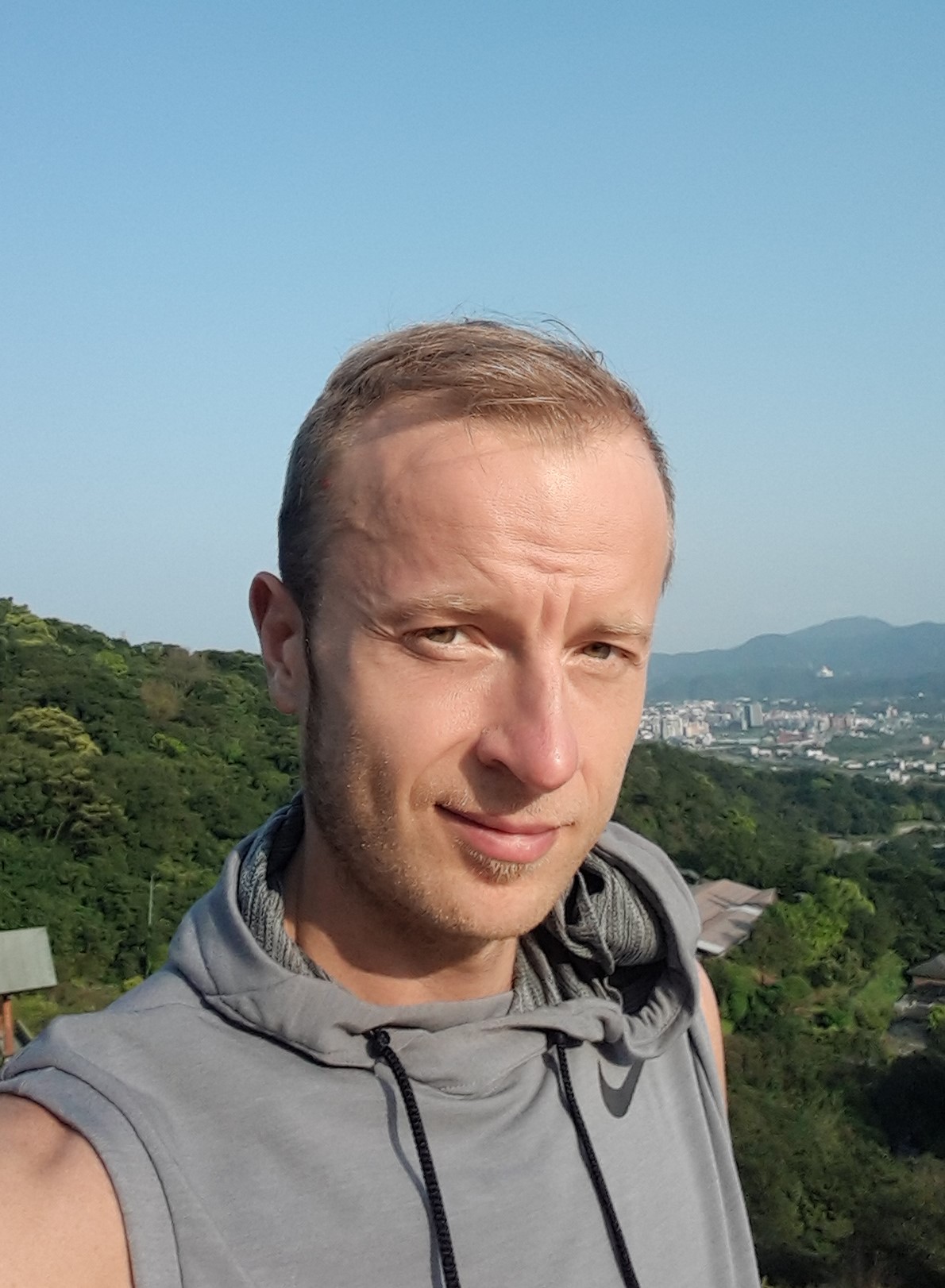
Amituofo! I was kindly invited to write a short article for DILA Newsletter, so I would like to use this opportunity to introduce myself a little bit to the readers. My name is Grzegorz Polak and I am staying at DILA as a visiting scholar. First of all, I want to say that I am very grateful for the opportunity to be at DILA: it is a great honor and a privilege for me! Here I would like to thank those who have made my coming here possible – particularly Bhikkhunī Dhammadinnā and Prof. Weijen Teng for their help and their patience with me. Even before coming here, I had heard many good things about the hospitality of Taiwanese people, but it has even surpassed my expectations! I am very impressed by the spirit of friendliness of the people living here. I would therefore like to express my gratitude and thank the students and staff at DILA (as well as several other Taiwanese people) who have been helping me, an unexperienced foreigner, in various ways: introducing me to various aspects of life in Taiwan (including eating with chopsticks 😉), helping me with learning
Chinese language, and deal with everyday practical issues. The warmth emanating from the people at DILA more than makes up for the almost constantly rainy and overcast weather!
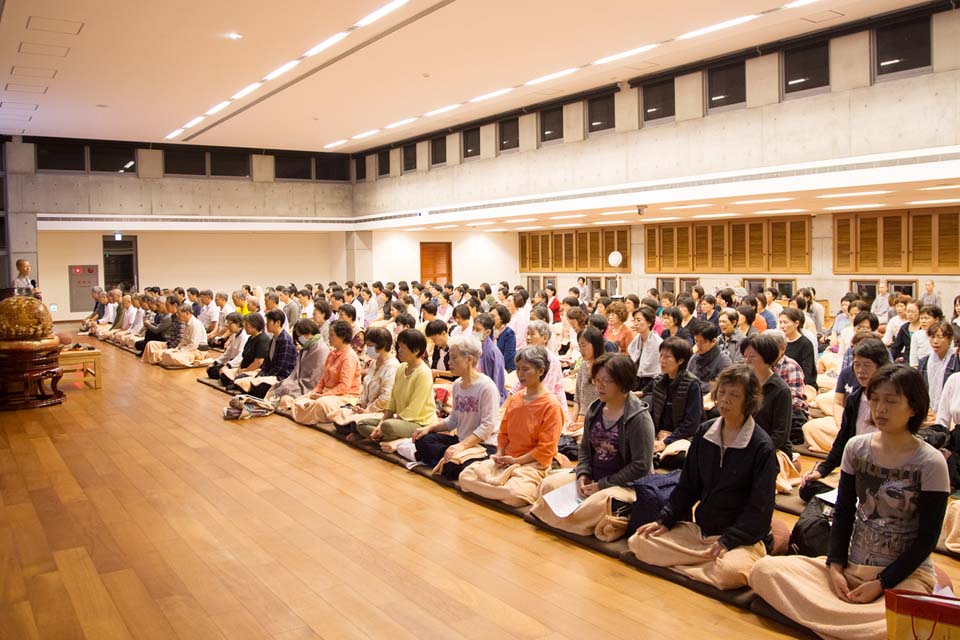
Once I had graduated from my Chan class at DDM, I went through some fundamental changes.
I once thought it was an impressive feat to handle any situation productively and efficiently. However, after learning the Chan practices, I realized that even though certain methods have proven to be efficient they may cause people to become agitated and irritable. For example, I used to ask taxi drivers to immediately stop and get off the car because I was irritated by the unpleasant smell in the car or was dissatisfied with the driving skills.
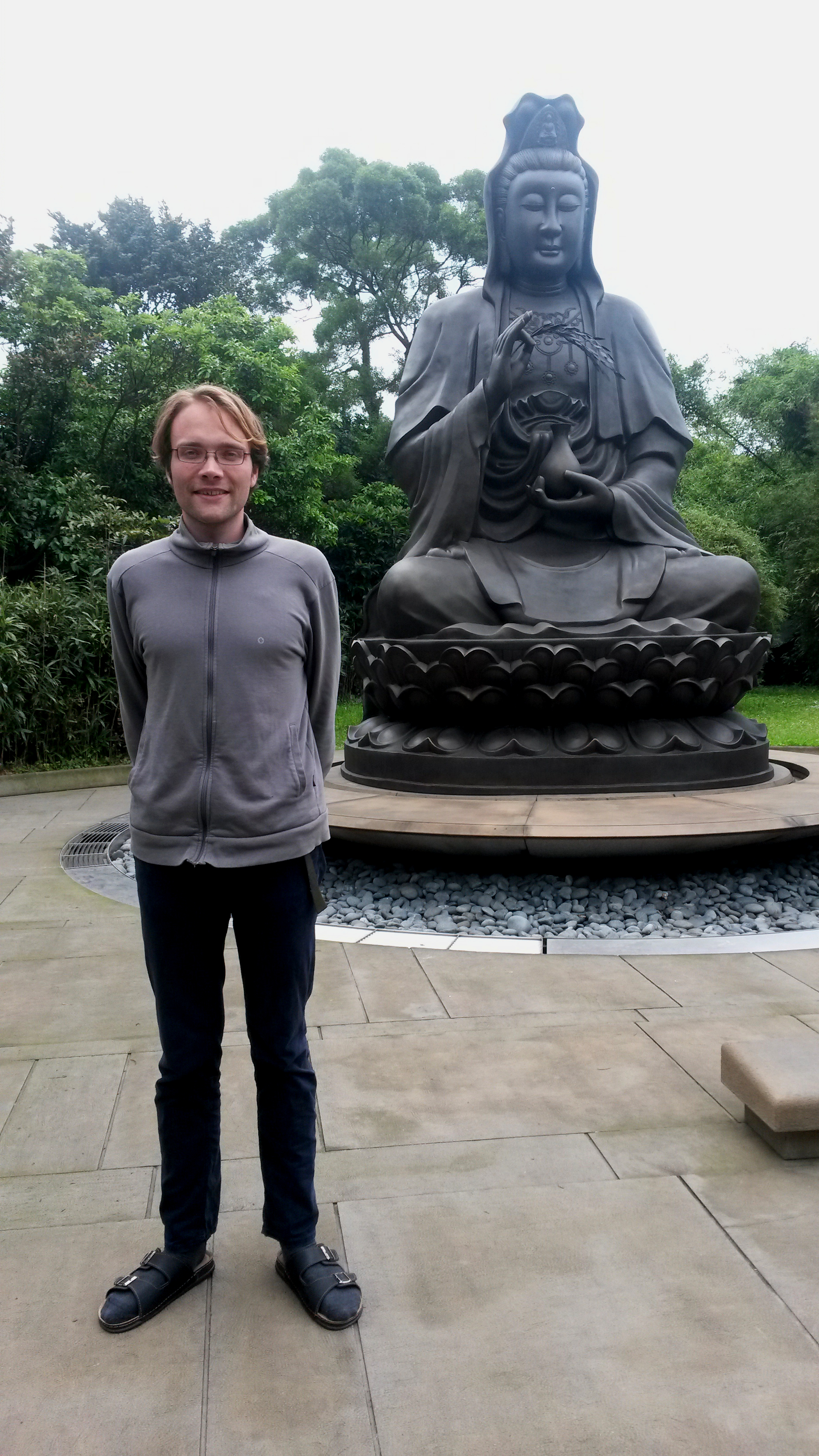
My name is Sebastian Nehrdich and I am a student of Buddhist Studies at the University of Hamburg. I joined the bachelor program of the University of Hamburg in autumn 2012 and plan to finish my bachelor degree this summer. My future plans are to continue my studies by joining the master program of the University of Hamburg in autumn 2017. The focus of my work lies on reading buddhist primary sources, e.g. sources in Sanskrit, Chinese, Tibetan and Pāli. My main area of interest in this field is Buddhist philosophy, especially Indian Yogācāra/Vijñānavāda and the Chinese Weishi (唯識) school.
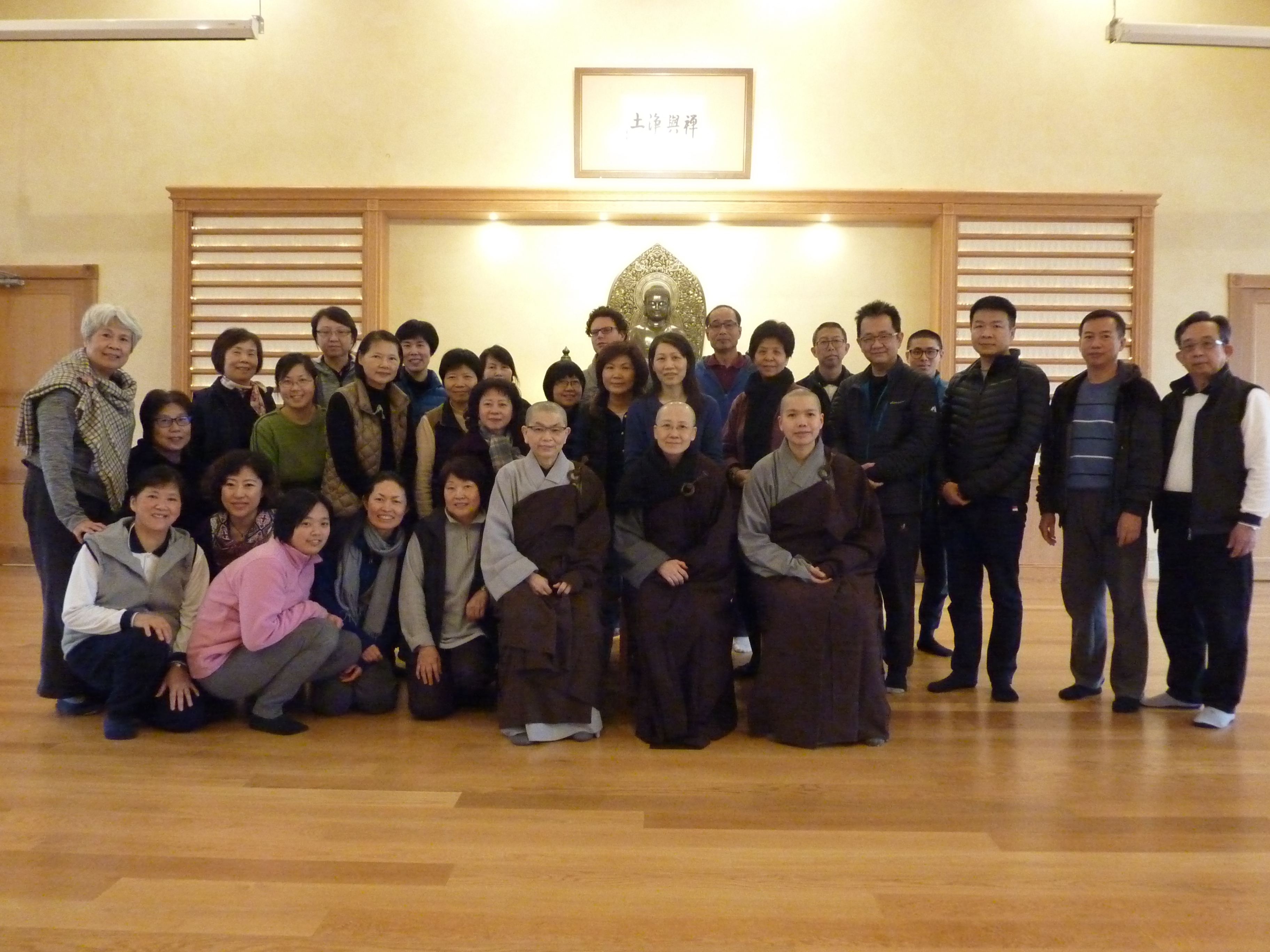
This past weekend, from March 24 to 26, 2017, I took part my second three-day Chan meditation retreat at Dharma Drum Vancouver Center. Initially, I was worried about potential leg pains and wasn't feeling too hot about my life in general either. From Friday night until Sunday afternoon I faced hardship and deprivation, but came out at the end quite happy and ready to try more retreats.
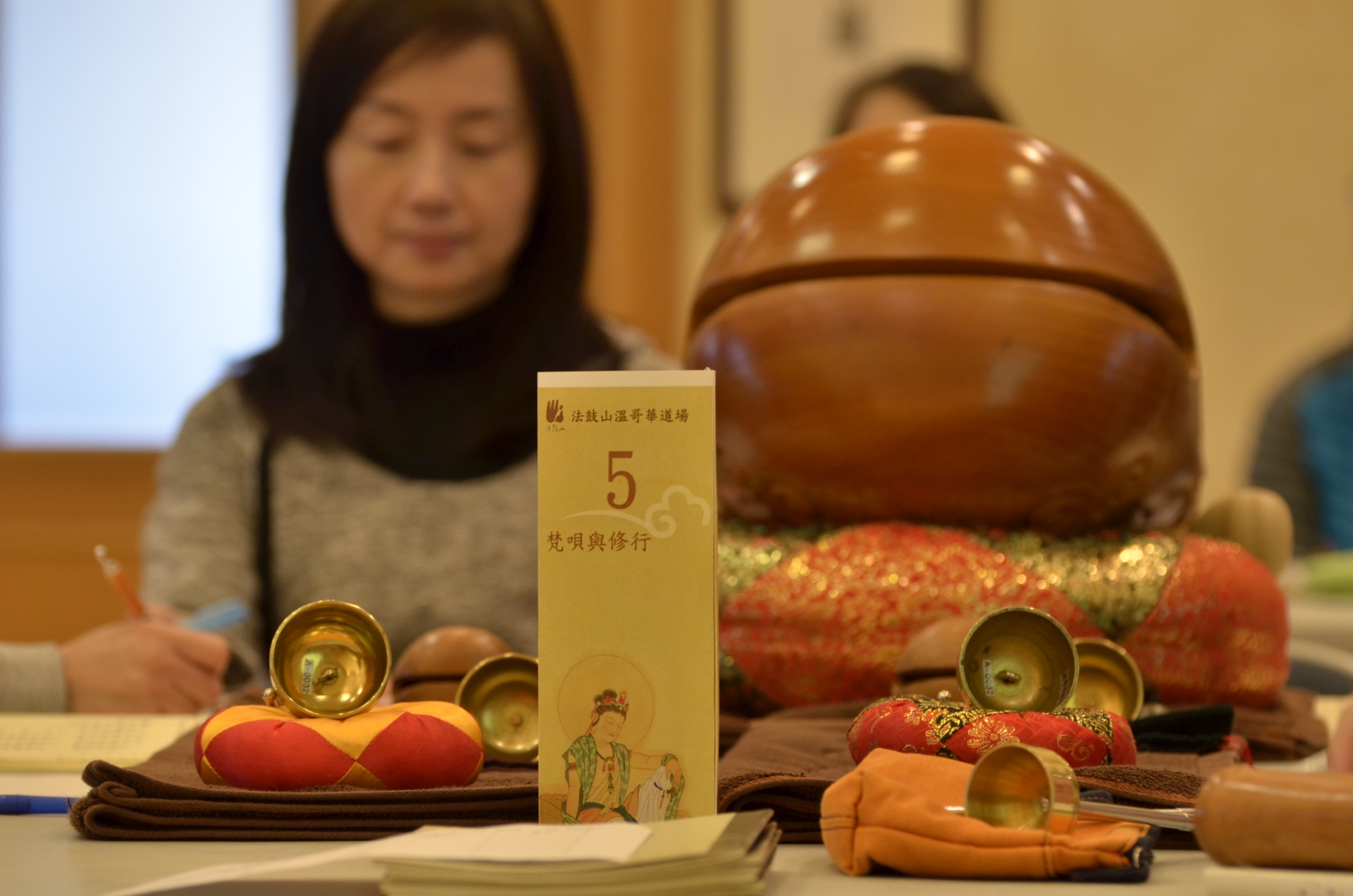
When Dharma Drum Vancouver Center announced classes on chanting of Buddhist prayers and praises, I was thrilled. The opportunity to learn more about the unique Dharma instruments was intriguing and, more importantly, I wanted to learn how the chanting could enhance my practice
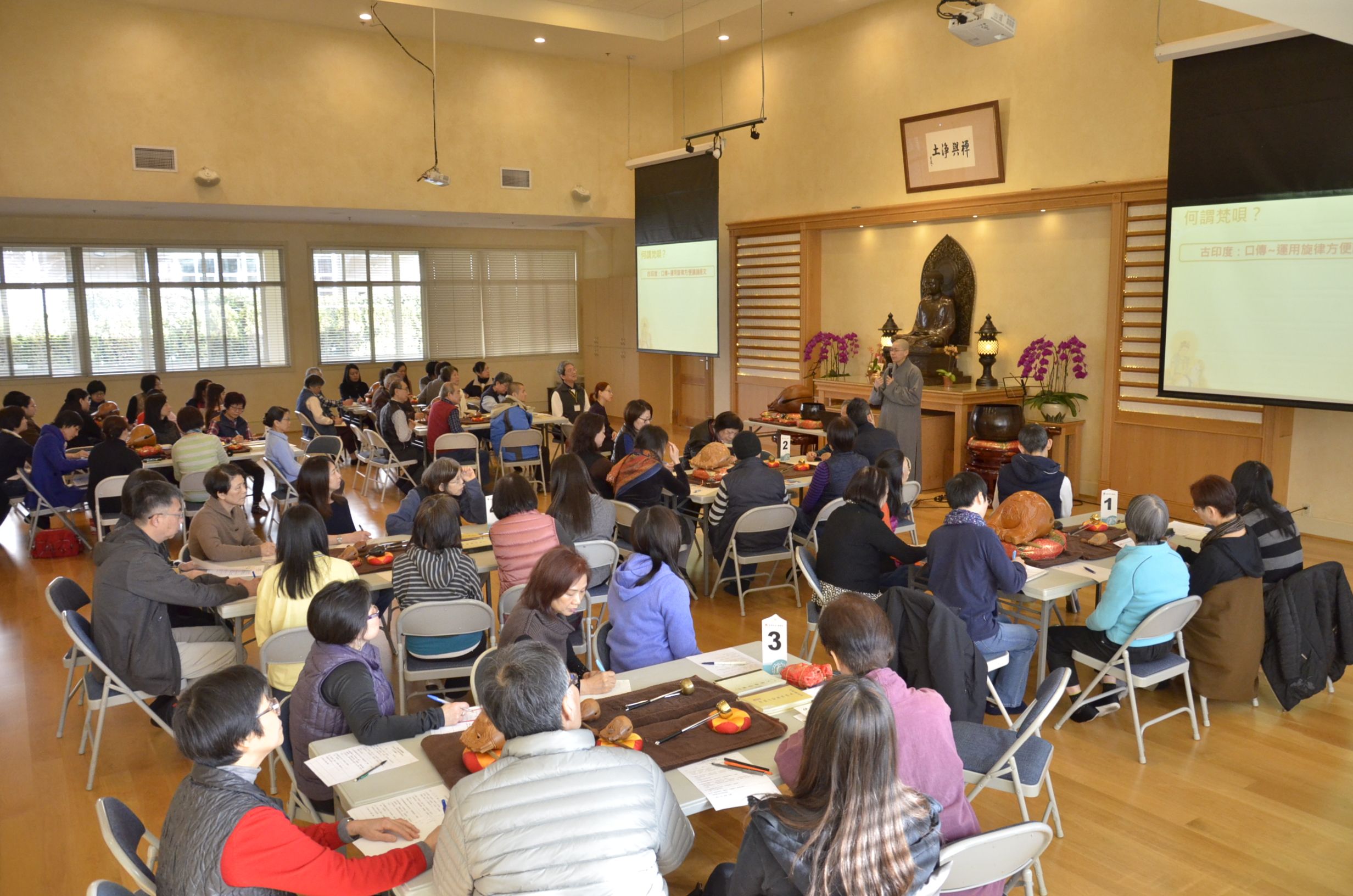
On February, 25, Dharma Drum Vancouver Center held its first Buddhist Chants and Practice class. This is the first of two classes on applying chanting to Chan practice.
We learned about the origin of Buddhist chants in India, where Buddha’s teachings were not initially recorded in writing and were instead passed down orally through chanting. Buddhist chanting emanates from one’s calm mind and compassion. There are five benefits of chanting - it energizes the body, improves memory, recharges the mind, sounds soothing and facilitates the reciting of Buddha’s sutras.
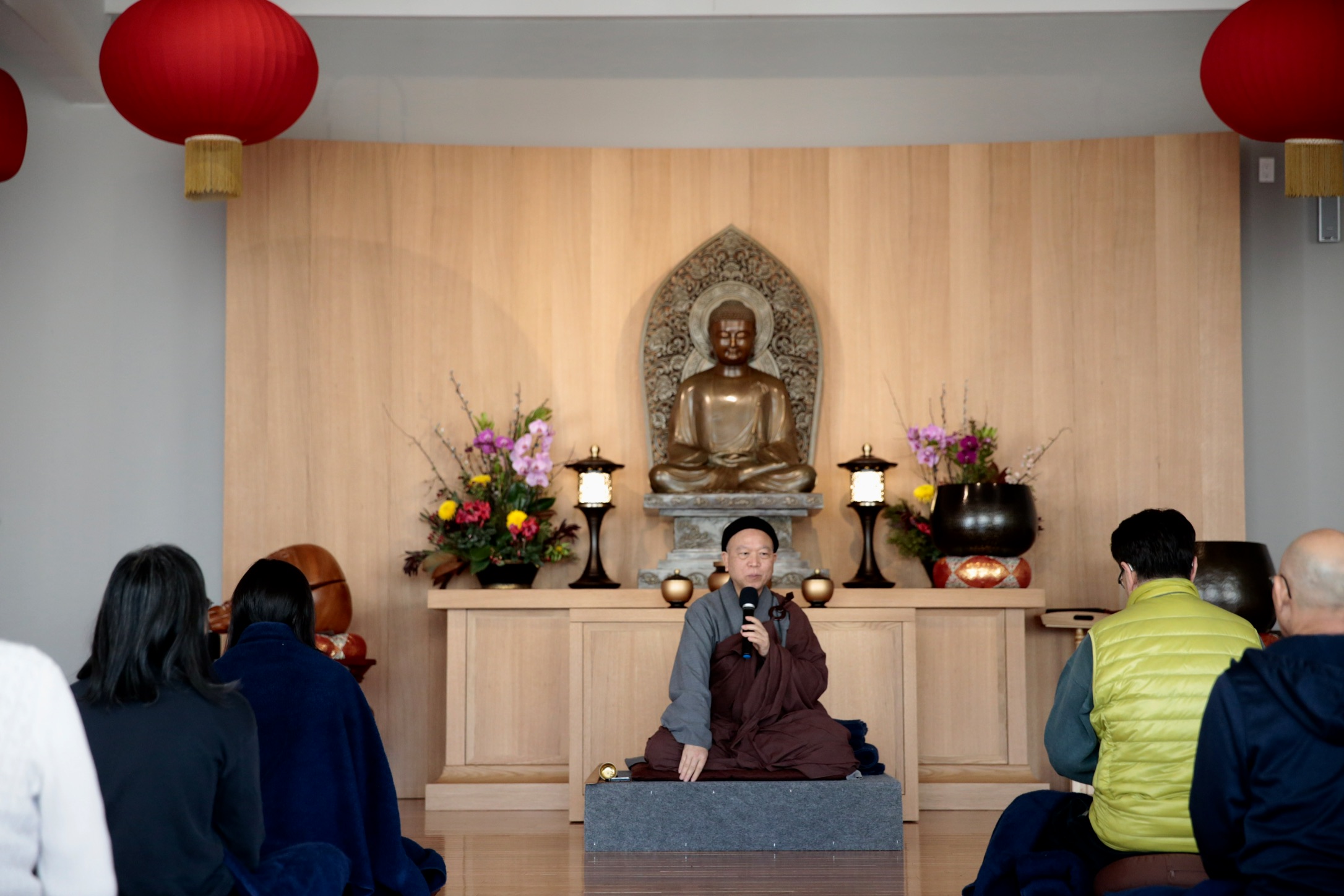
During the weekend of 2/4 and 2/5, DDM NJ Center held a meditation retreat in memory of Master Sheng Yen’s passing. We were honored to have Ven. Guo Yuan, the abbot of Dharma Drum Retreat Center and one of Master Sheng Yen’s Dharma heirs, came to lead this meaningful program with us

PAGE :
1
2
3

|